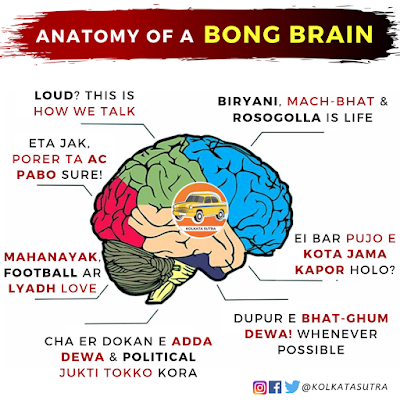The other day I came across a news item that read, “Bundles of currency notes recovered from heap of cow dung in Odisha”. The byline mentioned an amount of twenty lakhs, which, assuming it was all in hundred-rupee notes, would mean that at least one end of this cow was kept very busy with its tail pointing to north-north-east on a windy day. This was when I decided, being sentimentally attached to all ideas that have money at the end (literally, if you see what I mean), to take the bull by its horns and watch the other end carefully.
Since this was official breaking news, I thought of calling Ram Reddy who has kept more cows than can come home (whenever they do, that is). I did not think of Seenappa, my farm hand at Random Rubble, because he has an IQ of 8.26 (including 18% GST) and will be out of depth in an intellectual conversation, even if it is bullshit (the topic, not the conversation. Will you read carefully, please?).
Now, cows are ruminants and therefore grass turns into a robust dung, with a lively smell that gets rid of your blocked nose just when you wished it would stay. This is called the dung-lung connection in technical discourse (ok, I just invented it, but the point remains).
To help you (and Seenappa) understand this better, here is the scientific reaction:
Grass → Dung (+lively methane exchange with atmosphere + Dung lung)
Lots of grass —> Lots of dung (+village evacuation at short notice + Increase in sales of local agarbatti)
Yet, I never knew that a cow could do the following conversion:
Grass —> Dung + Currency notes (methane flavour)
Lots of grass —> Dung + Lots of currency notes (+village traffic jam, to hell with methane)
Following this I reasoned that
Not all cows do the above because, if they did, the Reserve Bank of India would own a dairy farm and not a Mint and we would need demonetisation once a week, along with Vitamin D capsules
But at least one cow (reference, newspaper) has done it. It is, in other words, Ms. Cash Cow
Hence, that one cow is special
Hence, find out why that one cow is special
Or buy that cow
Or hire that cow on EMI (with PayTM that will EMI anything that mooves. Sorry, moves)
Once Cow is acquired, feed cow with a bucket on both sides (of which one bucket is empty, you ignoramus).
Raise Private Equity on Cash Cow, by valuing it as a Unicow, a Unicow being a bovine Unicorn, if you have been living under a rock.
You can clearly see the fiendishly clever thinking here, without doubt. Once I had the business plan all worked out, I went back to the newspaper article to find out the location of the village in Odisha and that is when Reality struck: apparently, the money was in a plastic bag and hidden in dung by a thief.
I have now written a strongly worded letter to the Editor of this newspaper, asking him to fire the sub-editor who came up with the headline that has misled much of humanity. But if you ever have this urgent, implacable, insistent desire to know about the chemical constituents of cow dung, you know whom not to contact.









